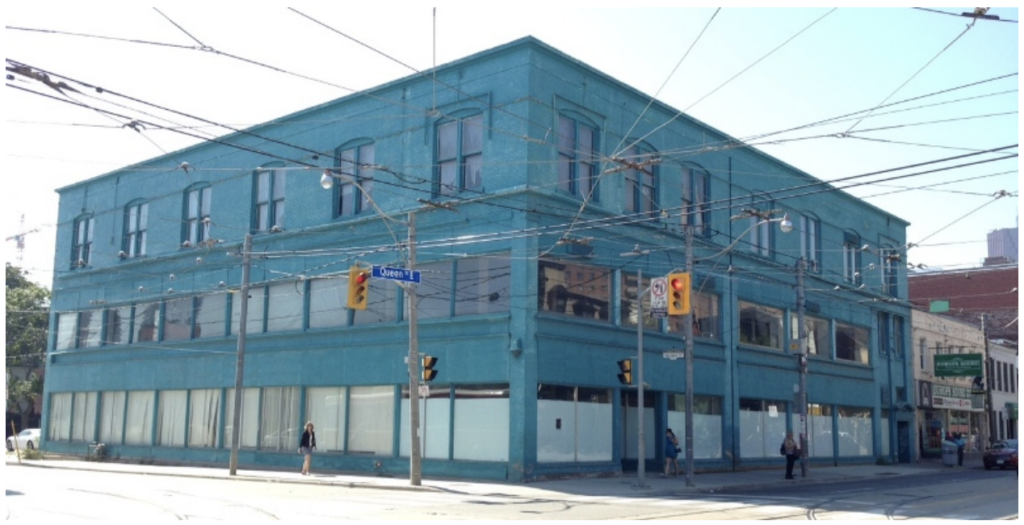
The WE Charity sold its downtown Toronto real estate portfolio, which will now be a mixed commercial and residential development; the sale may help revitalize retail in the area, a residents group says.
The Toronto Star reported that the properties, located at Parliament and Queen streets, were sold for $36 million and span nearly an entire city block.
Andre Bermon, the president of the Corktown Residents and Business Association, wrote that the charity ramped up its presence by expanding its Global Learning Centre to Queen St. E.
Additionally, according to deeds at the Land Registry Office, WE spent about $11 million on real estate between 2016 and 2019. When the charity took over the properties, the retail shops and small businesses were replaced with office space. Now with the charity poised to leave the area, Bermon said it might usher in a return of retailers.
“Most of those buildings have been vacant, obviously since the scandal,” said Bermon. “So, whatever is going to be proposed I imagine will hopefully reinvigorate that corner with retail.”
According to the Toronto Star, all of the properties were sold to a private wealthy company named Generation Capital on Aug. 23. The properties were sold after the charity said it would cease Canadian operations and liquidate its assets. Details on the nature of the development are not clear.
“It’s a bit hard to say how this is going to affect the neighbourhood when we don’t really have any details other than the fact that it’s going to be a mixed-use development,” said Bermon. “But all the proposals in the downtown core are mixed-use.”
The development may cause some issues in the area but that depends largely on how it is managed.
The neighbourhood will change dramatically, says Frank Miele, an academic coordinator and instructor at the Ryerson School of Urban and Regional Planning. He says the development may or may not cause issues, but it will depend on how it is developed.
Despite the fact that development may change the area, Miele says that he believes Canada has a good regulatory process to deal with this compared to other regions.
“Whenever you have high-density development, you need a lot of services to support the residents that are going to live there and that are currently living there,” said Miele.
Miele mentions that there are provisions in the Planning Act, which work on ensuring that the surrounding community of any new developments are adequately served from a quality of life perspective. Miele added that as urban planners, they are always concerned about the quality of life factors.
“Quality of life factors are very, very, important,” said Miele. “I believe the planning and economic development components of any developments, usually look at those factors and I believe it will be okay.”
Additionally, Miele said that there is a provincial policy in place, where development requires the creation of a certain number of jobs. This is because development may take certain jobs away, so those jobs will need to be replaced and more.
Miele says that in this instance, the split between residential and commercial development at Parliament and Queen streets will be determined by provincial policy.
He also says if proper planning is not in place, including support mechanisms like community centres and parks, then you will have problems.
Daniel Johnson was the Business Editor of On The Record in the Fall 2021 semester.

